Cancer treatments continue to evolve, offering patients an array of targeted therapies designed to effectively combat various cancer types. Among these therapies, hormone therapy (also known as endocrine therapy or hormonal therapy) plays a crucial role in managing cancers sensitive to hormonal influence, such as breast, prostate, ovarian, and uterine cancers. This comprehensive guide explores hormone therapy, its indications, advantages, and important considerations for cancer patients.
Overview of Hormone Therapy
Hormone therapy refers to a treatment strategy that blocks or alters the production and effects of hormones within the body. It is particularly effective in treating hormone receptor-positive cancers, where tumor growth is fueled by hormones like estrogen, progesterone, or testosterone. By regulating or suppressing these hormones, hormone therapy can significantly slow down or stop tumor growth, reduce recurrence rates, and enhance patients’ quality of life.
Hormone therapy is commonly administered through medications that either reduce hormone production or block hormones from binding to their receptors. In certain situations, surgical interventions may be used to remove glands producing specific hormones (e.g., ovaries or testes).
When is Hormone Therapy Indicated?
Hormone therapy is not suitable for every cancer type. Instead, it is specifically indicated for cancers known to be hormone-sensitive:
1. Breast Cancer
Typically prescribed for patients whose tumors express estrogen or progesterone receptors (ER/PR-positive).
Common treatments include Tamoxifen, Aromatase Inhibitors (e.g., Anastrozole), or ovarian suppression techniques.
2. Prostate Cancer
Used primarily in advanced prostate cancer or in combination with radiation therapy to shrink tumors.
Common treatments include LHRH agonists/antagonists (e.g., Leuprolide), anti-androgens (e.g., Bicalutamide), or surgical removal of the testes (orchiectomy).
3. Endometrial (Uterine) Cancer
Considered for advanced or recurrent hormone receptor-positive endometrial cancers.
Progesterone therapy (e.g., Megestrol) is the most commonly used treatment.
4. Ovarian Cancer
Advantages of Hormone Therapy
Hormone therapy presents numerous benefits, making it an attractive treatment option for patients facing hormone-sensitive cancers:
Targeted Approach: Specifically targets hormone receptor-positive cells, sparing normal cells and reducing overall side effects.
Reduced Tumor Growth: Slows progression or shrinks tumors, improving patient survival rates and prognosis.
Minimized Recurrence Risk: Significantly reduces the risk of cancer recurrence after primary treatments such as surgery or radiation therapy.
Ease of Administration: Often administered orally, making it convenient for patients to incorporate into daily routines without frequent hospital visits.
Important Considerations and Side Effects
While hormone therapy offers significant advantages, patients must also consider potential side effects. The severity varies depending on the type of medication and the individual’s overall health.
Breast Cancer Treatments (e.g., Tamoxifen or Aromatase Inhibitors):
Hot flashes, mood changes, weight gain, osteoporosis, joint pain, fatigue, or an increased risk of blood clots.
Prostate Cancer Treatments (e.g., LHRH agonists or anti-androgens):
Reduced libido, erectile dysfunction, hot flashes, weight gain, muscle loss, bone thinning, or fatigue.
Regular follow-up with oncology specialists is crucial to manage side effects effectively and maintain optimal health throughout treatment.
What Patients Should Expect
Before starting hormone therapy, patients typically undergo hormone receptor testing to determine treatment suitability. Regular monitoring through blood tests, imaging studies, and clinical assessments will guide dosage adjustments and evaluate treatment effectiveness. Communication with healthcare providers is essential, especially when experiencing side effects or other concerns.
Hormone therapy is often used as part of a comprehensive treatment plan, in combination with chemotherapy, radiotherapy, or surgery, to achieve the best possible outcomes.
Conclusion
Hormone therapy has transformed the approach to cancer treatment, particularly in hormone-sensitive cancers. Its targeted mechanism provides significant therapeutic benefits, effectively improving patient outcomes, reducing recurrence rates, and enhancing overall quality of life. However, patients must carefully weigh the benefits and potential side effects, actively engaging with healthcare professionals to tailor treatment to their specific needs.


